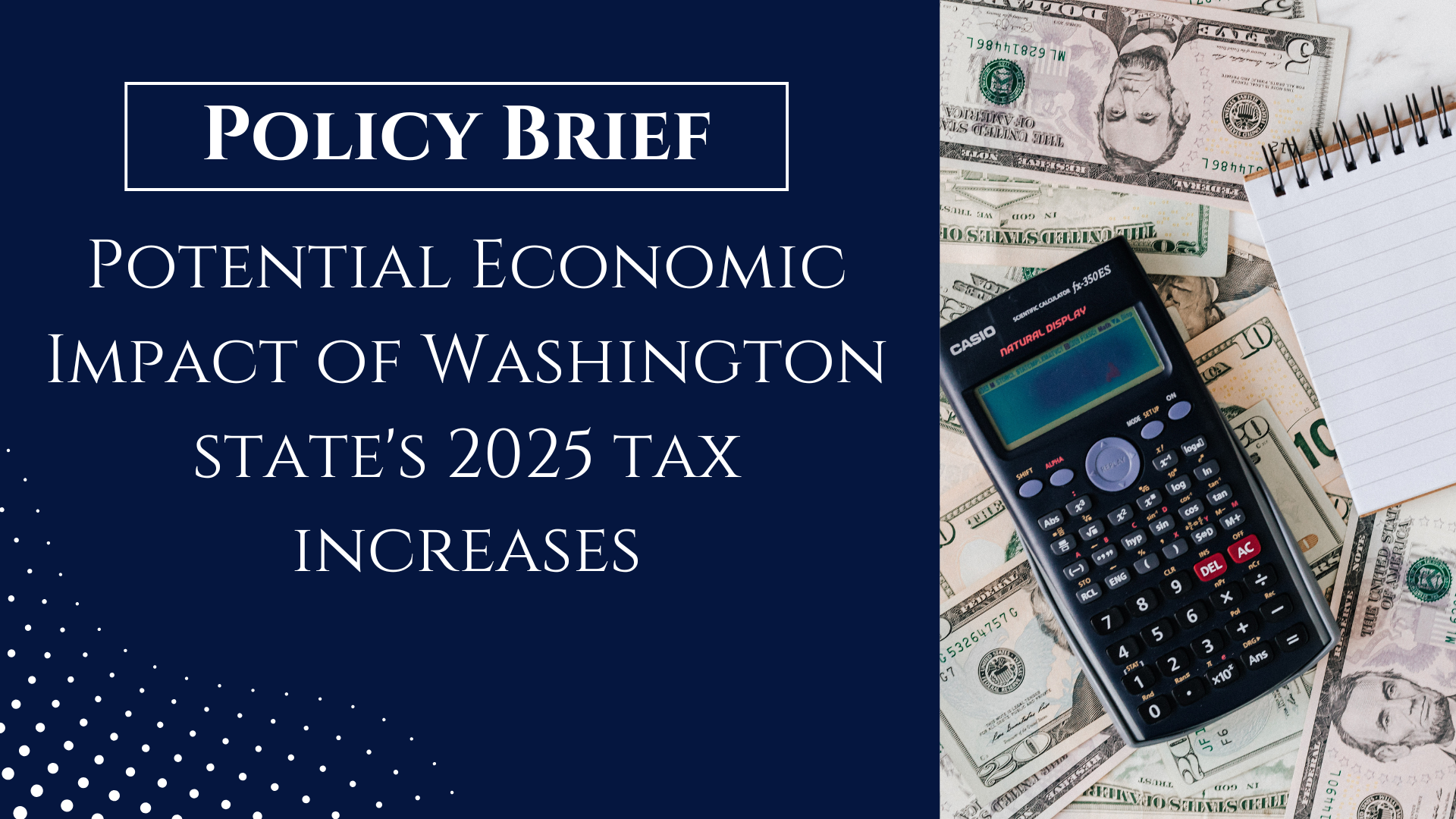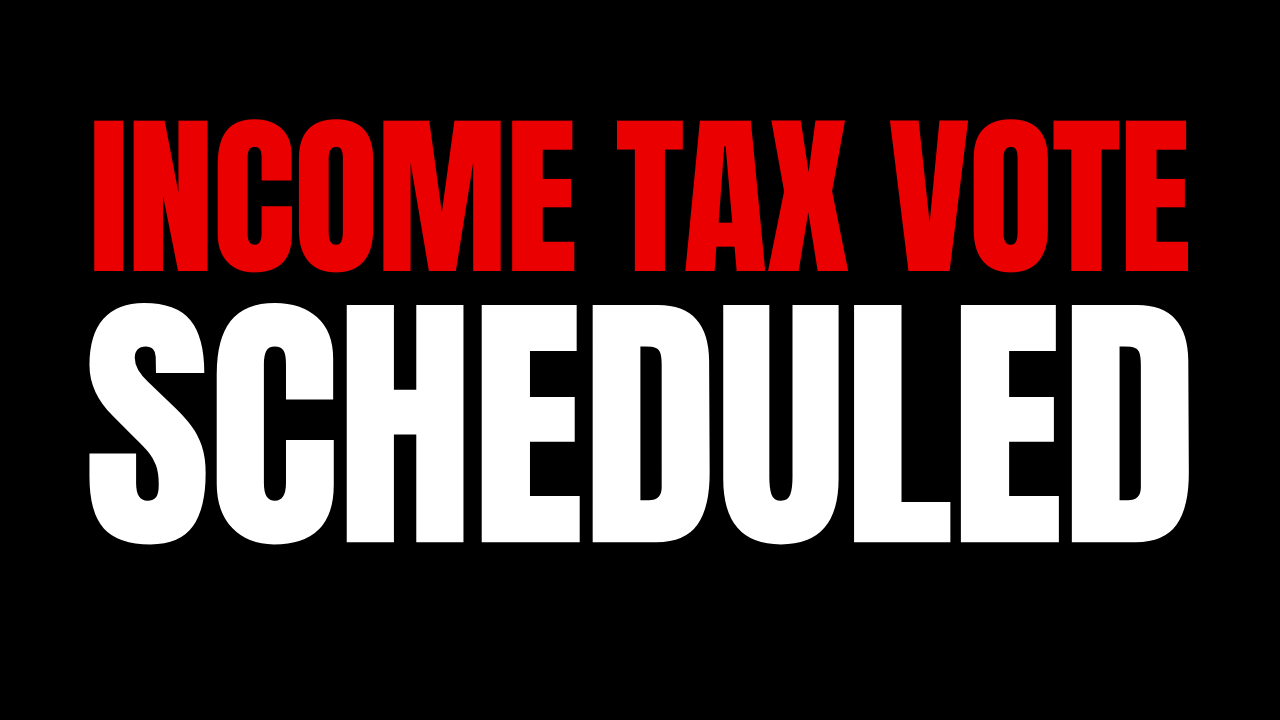There is a very important lesson for Governor Inslee and lawmakers from last week's court ruling invalidating Seattle's income tax. In rejecting Seattle's argument that its income tax is actually an excise tax, Judge Ruhl said you can't redefine an income tax as an excise tax to get around legal restrictions. Judge Ruhl pointed to this prior state Supreme Court ruling:
"Jensen v Henneford, 185 Wash. 209, 217-219 (1936) [rejecting the Washington State Tax Commission’s argument that the 'Personal Net Income Tax Act of 1935' could be characterized as an excise tax on 'the privilege of receiving income.'] . . . In short, the City’s tax, which is labeled, 'Income Tax,' is exactly that. It cannot be restyled as an 'excise tax' on the alternate 'privileges' of receiving revenue in Seattle or choosing to live in Seattle."
What does this have to do with Governor Inslee and the legislature? As Seattle PI columnist Joel Connelly wrote last August:
"The [Seattle] income tax may well fail in court. A second test would/will come if the Legislature enacts a capital gains tax for high income earners."
Despite saying they are opposed to an income tax, the Governor and several lawmakers continue to advocate for a capital gains tax. A capital gains tax is an income tax as explained by a tax expert at the Tax Foundation:
"Given constitutional income tax restriction, the WA capital gains tax proposal is being billed as an excise tax. Will this fly? States sometimes get creative with what they call their taxes, but courts typically care about a tax's characteristics, not its name. The idea is that it's an excise tax on the sale of capital asset, not an income tax on proceeds. But that's not how excise taxes work. If a capital gains tax was an excise tax, we would expect it to fall on the entire sales price (or flat per sale), not just net gain. We'd also expect it to fall on each transaction separately, not on the aggregate of capital gains and losses as reported on form 1040.
Plus, although excise taxes are often paid by seller (tax stamps), economic incidence is borne by consumer. That's not the case here. The seller of a capital asset pays out of her income. Tax isn't embedded in transaction. It doesn't function like an excise tax at all. It's telling that taxpayers would have to submit their federal 1040 to report Washington capital gains. What excise tax works that way? 41 states tax capital gains -- all in their 'income taxes.' Federal gov't also taxes as income. Hard to argue WA cap gains different. If it looks and acts like a tax on a class of income (cap gains), it probably is."
All state revenue departments describe capital gains as income. Those that tax capital gains do so via their income tax codes. No state taxes capital gains as an excise tax. States without income taxes described their treatment of capital gains income like Florida did:
"There is currently no Florida income tax for individuals and, therefore, no Florida capital gains tax for individuals."
The best response differentiating between what an excise tax is versus income tax was Illinois:
"Capital gains are included in federal taxable income, against which Illinois income tax is determined. Illinois does not impose an excise tax on any form of income. Excise taxes are imposed on items of consumption, such as the liquor tax, cigarette tax and utilities taxes."
Why does it matter if a capital gains tax is an income tax? To enact a graduated income tax such as a capital gains tax would require a constitutional amendment. As noted by the Washington State Supreme Court (1951): "It is no longer subject to question in this court that income is property." The state constitution says that property must be taxed uniformly and at no more than 1% of its value.
Legality aside, state officials continue to boast about the lack of a capital gains tax being a competitive advantage for Washington. From the recent pitch to Amazon to keep HQ2 in the Puget Sound:
"Our advantages include . . . No personal income tax, no tax on interest, dividends or capital gains, and low corporate taxes."
Right.
Additional Information
State Revenue Departments Describe Capital Gains Income Taxes
Is a capital gains tax really needed?
Lawmakers told not to "call a pig a cow" on capital gains taxes
HB 1730 and SB 5111, would impose a capital gains income tax
Capital gains taxes are too unreliable to fund education
"Choose Washington" - no capital gains taxes
Capital Gains & Capitol Games
House plans to test strength of WA's income tax ban





